Recommended Reading—Summer 2016
[by J. Scott Shipman]
The Storm of Creativity, by Kyna Leski
2017 War With Russia, by General Sir Richard Shirreff
The Wright Brothers, by David McCullough
Serendipities, Language and Lunacy, by Umberto Eco
Paradise, Dante Alighieri, translated by Mark Musa
Undertow, by Stanton S. Coerr
The White Horse Cometh, by Rich Parks
Washington The Indispensable Man, by John Thomas Flexner
This list starts the first week of May, so perhaps the title should be Spring/Summer. Most of these books are quick reads and all are recommended.
I picked up Ms. Leski’s book at an MIT bookshop on a business trip in early May and read on the train ride home. Books on creativity are ubiquitous, but Ms. Leski takes an interesting approach by describing the creative process using the metaphor of a storm. Several ZP readers will find of interest.
2017 was recommended by a friend. The author was the Deputy Supreme Allied Commander Europe and the book focuses on a Europe/NATO response to a Russian invasion of the Baltics. Written in a Tom Clancy-like style, the plot is fast-paced even though the good general provides sometimes provides detailed insights into the inner workings of NATA and the North Atlantic Council (this is one of the values of the book—bureaucracy writ-large).
David McCullough’s Wright Brothers delivers an approachable and human accounting of the first men of powered flight. Some reviews on Amazon complain McCullough lifts and uses too many quotes to tell the story. At times the quotes were distracting, but not enough to prevent the enjoyment of the story of two brothers who changed the world. This book was a gift otherwise I probably would not have read.
Serendipities is a short book, but was a long read for me. Eco explains how language and the pursuit of the perfect language has confounded thinkers since time immemorial. He refers to Marco Polo’s unicorn (also used in his Kant and the Platypus which is excellent) explaining how language is often twisted to meet a preconceived notion or idea. The first couple of chapters were quite good, chapters three and four did not hold my interest or were over my head. The closing chapter was good enough to convince me I’ll need to read this little book again. (My Eco anti-library has been growing of late.)
Eco’s book led me to reread Musa’s excellent translation of Paradise. My son gave me the deluxe edition with parallel Italian and English, plus commentary. Eco referenced Canto 26 and 27, and I enjoyed the break so much I read the whole thing!
Undertow is my good friend Stan Coerr’s second book of poetry. His first book Rubicon was a moving collection of poetry of men at war. Undertow deals more with the heart and is quite good, too. You won’t be disappointed.
White Horse is also a book by an old friend, Rich Parks (we’ve known each other since the mid-80’s). White Horse is self-published and in places it shows, but the overall story is quite good for a first book (I’ve already told him his book would make an excellent screenplay.). The plot is quick and entertaining even if a bit unbelievable, but the story is fiction. Rich is following up with a sequel in August in 2016 and I’ll be reading it, too.
Mr. Flexner’s Washington was a gift, too. In this quick biography Washington is made approachable and human. And when I say “quick,” I mean quick…Trenton and Princeton took one chapter compared to David Hackett Fischer’s Washington’s Crossing which took up a standalone book. If someone were looking for a first Washington biography, this would be a good place to start.
This isn’t the conclusion of my summer reading, but a pretty good start.What are you reading this summer?
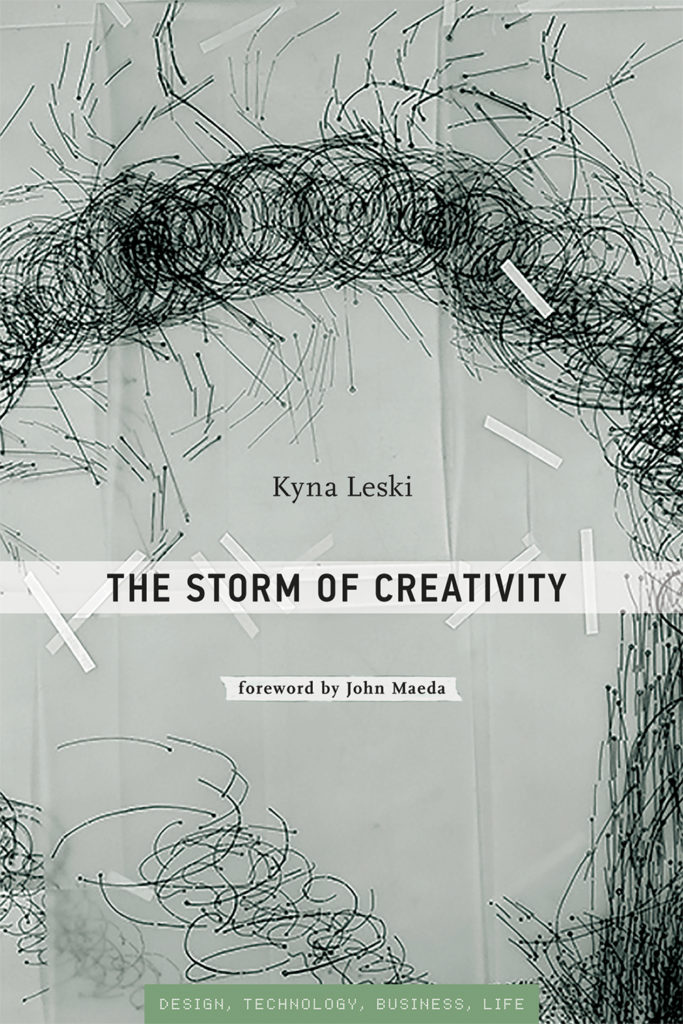
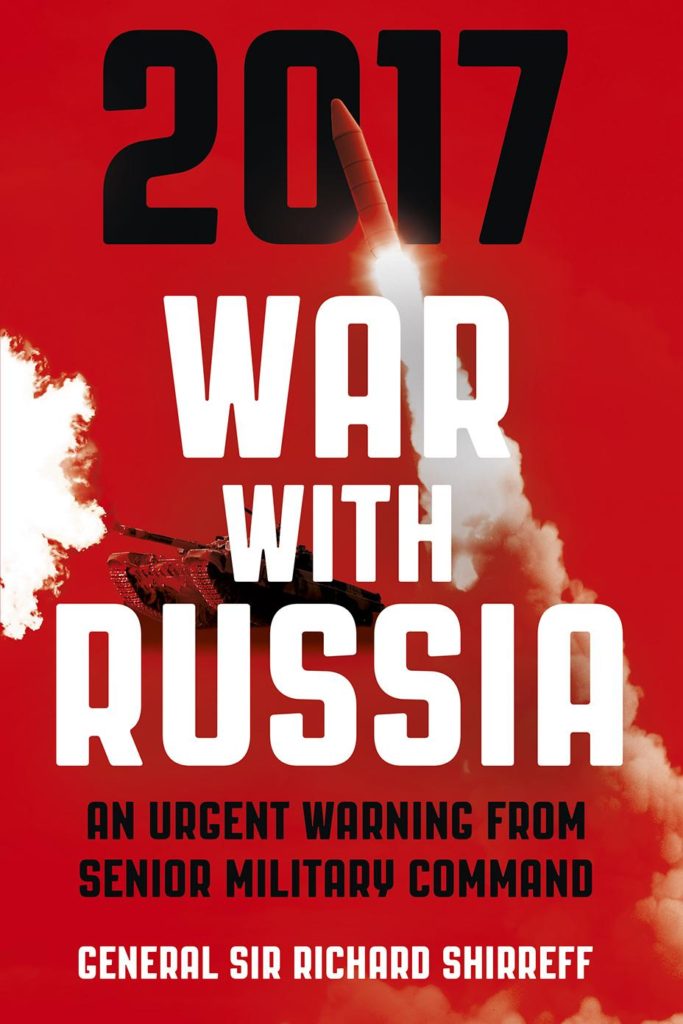
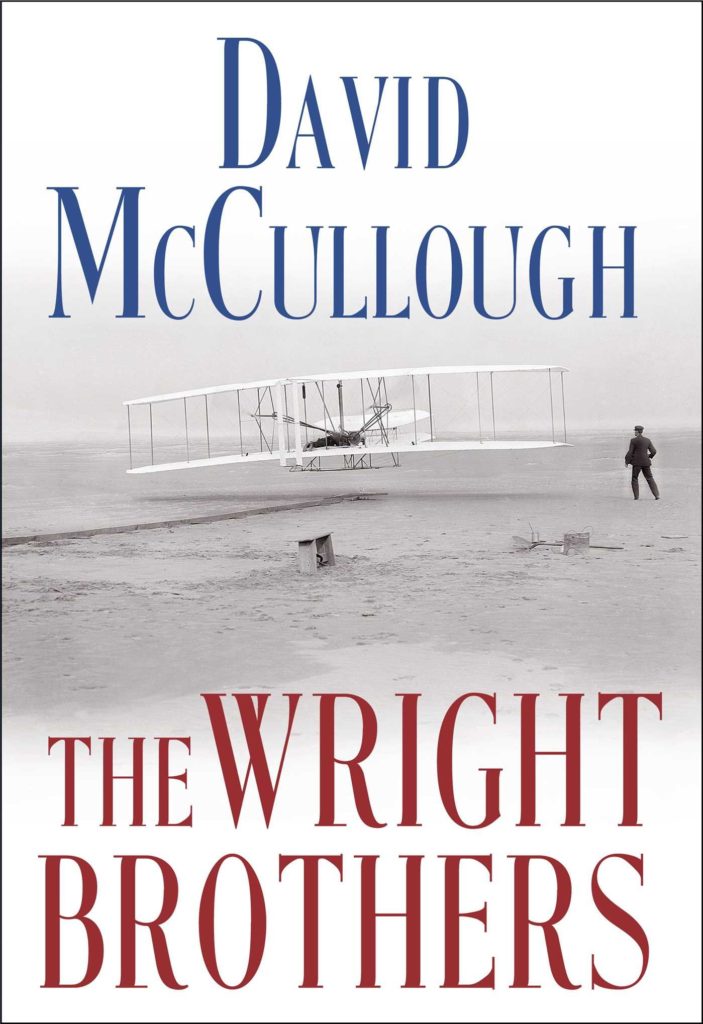
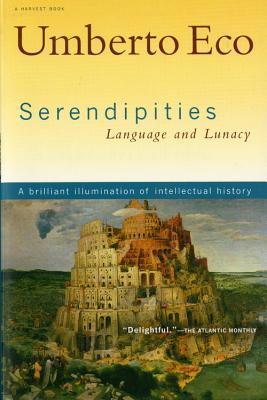
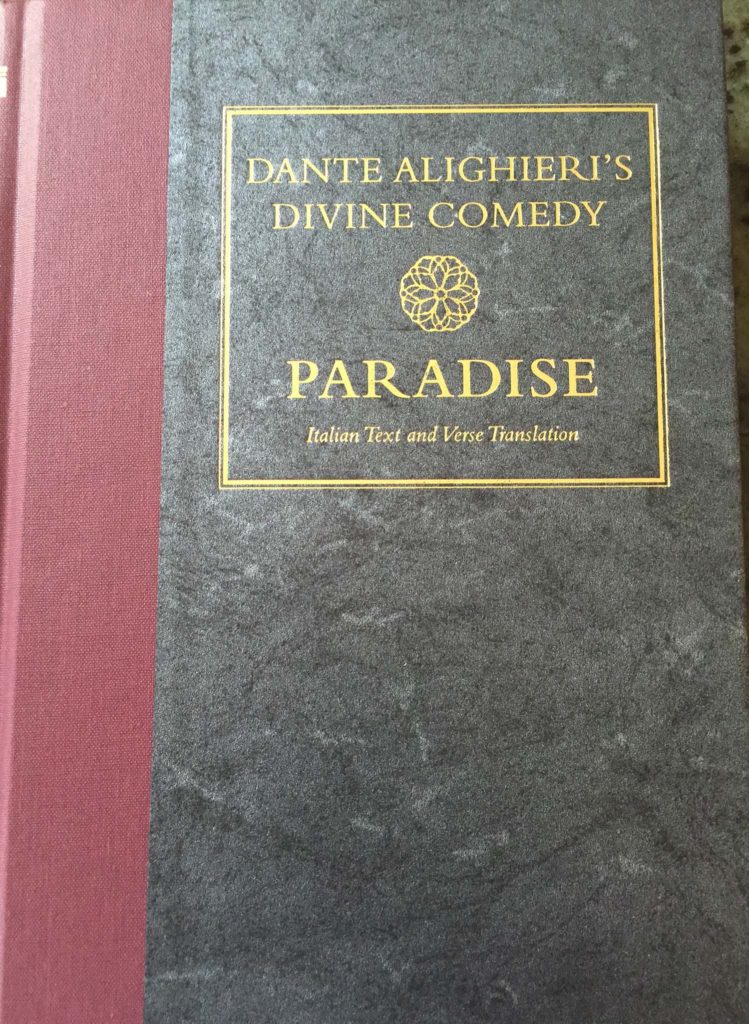
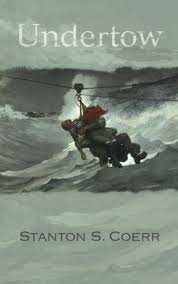
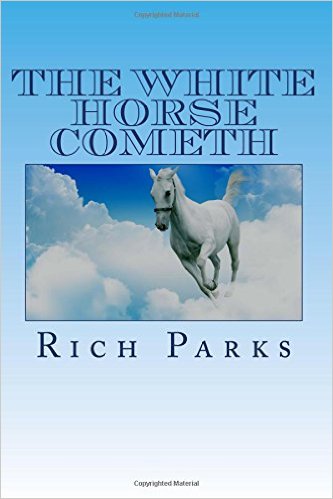




July 13th, 2016 at 5:31 am
Currently reading Andrew Roberts, Masters and Commanders: How Four Titans Won the War in the West, 1941-1945. Also reading Joseph Conrad, Under Western Eyes, but sort of stalled out on it. Also reading Roy Lewis, Enoch Powell: Principle in Politics, which is good, but dense and somewhat slow going. All are good but none of them are blowing me away. I live for books that simply blow me away. They can come in all different categories.
July 13th, 2016 at 2:13 pm
Now reading Theophany: The Neoplatonic Philosophy of Dionysius the Areopagite’. Hellenistic philosophy is kind of guilty pleasure in my otherwise functionalist reading pursuits. Psuedo-Dionysius was one of the late antiquity bridges to Christian theology. Almost a hidden link really because of efforts over the ages to deny and obscure the pagan roots.
July 13th, 2016 at 3:54 pm
Thanks for sharing!
Lex, Need to add Joseph Conrad to my list, and agree on books that “blow me away”—haven’t had one of those in some time.
Grurray, Adding Theophany to my list. Noel’s In the Beginning Was the Word and Douglas-Fairhurst’s The Story of Alice are in my my stack.
Earlier this year I added a Orde Wingate bio and Viscount Slim auto-bio—but not sure when they’ll make it to the short stack.
July 14th, 2016 at 2:50 am
Scott, many concepts in Neoplatonism remind me of Terrence Deacon and his teleodynamics theories. The philosophy is usually understood as based on a heirarchical universe with a lot of exotic archetypes like angels (in the Christain version) or other beings (in the gnostic flavors). What it’s really about is a way to explain the complexity of God and existence and understand the state of emergence of creation. It’s the Greek version of complexity theory basically. One more piece of evidence that the ancients had it all figured out well before we thought we did.
.
I should also add that I just finished reading “A Time For Audacity: New Options Beyond Europe” by James Bennett. He lays out convincing plans and scenarios for a Commonwealth confederation. I’m excited about the prospects for Brexit, and I hope the ideas in this book find a wide audience because they make a lot of sense.
July 14th, 2016 at 3:43 am
Read and just reviewed Tim Furnish’s High Towers and Strong Places: A Political History of Middle-Earth, read The storm of Creativity on Scott’s rec which I found thought provoking, read and will review The Field of Fight by LTG Michael Flynn, reading and kind of stalled on Radicals for Capitalism by Brian Doherty.
July 14th, 2016 at 12:23 pm
Hi Grurray, I ordered Theophany, and you may already know I’m a fan of Terrence Deacon’s work.
.
Also, I read Bennett’s book about two weeks ago and should have added to this list. Lex suggested a quick review and I believe that is in order—unless you’d like to do a guest review.
.
Zen, Was at the Army Navy Club for dinner Tuesday night—-LTG Flynn was there giving a speech! I didn’t see him, but there was a crowd. Looking forward to your review of Storm.
July 14th, 2016 at 4:20 pm
Hey Scott
.
I will but going to put the review of Flynn up first, probably tomorrow. Have something else in the works that may be cool if it comes off but I’ll wait a bit before disclosing more
July 14th, 2016 at 4:25 pm
Scott, looking forward to your review. Maybe we can turn it into a round table discussion. I have a lot of thoughts on the subject, and I’m sure others do also. The surprise appointment of Boris Johnson as Foreign Secretary will likely accelerate the move away from Europe and towards the Commonwealth. Still laughing at this video of him bowling over Japanese kids playing rugby –
https://www.youtube.com/watch?v=HuIfwY_jzz8
His undiplomatic, throwback nature is going to earn more friends in the Anglosphere than the rest of the world.